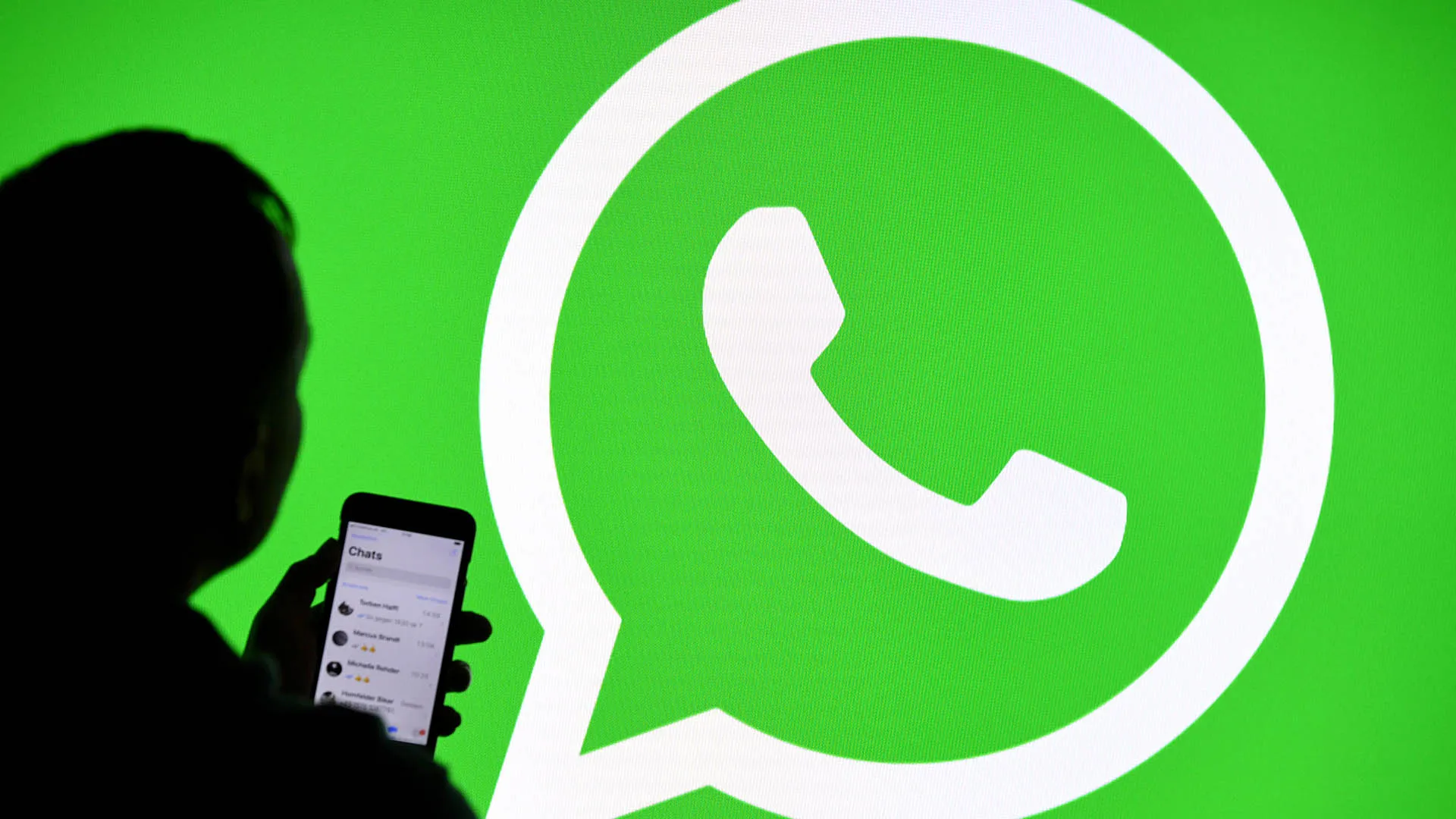In a world where digital communication is paramount, the recent statement from WhatsApp CEO Will Cathcart has stirred up significant concern among its vast user base in the United Kingdom. Cathcart’s announcement that WhatsApp could face a ban in the UK is not just a mere speculation but a stark reality that hinges on the company’s dedication to maintaining robust security measures. This decision underscores a pivotal moment in the ongoing dialogue about user privacy, governmental regulations, and the responsibilities of tech giants in the modern era.

The Dilemma: Security Versus Compliance
WhatsApp, owned by the tech conglomerate Meta, is at a crossroads. The UK government’s introduction of “The Online Safety Bill,” initially proposed by former Prime Minister Boris Johnson, demands that messaging platforms like WhatsApp scan messages for potential child abuse or terrorist material. This requirement directly clashes with WhatsApp’s end-to-end encryption feature, a cornerstone of its security protocol, ensuring that messages are only readable by the sender and recipient. WhatsApp’s encryption technology means that even the company itself cannot access the content of user messages. This level of security has been a significant selling point for the app, distinguishing it as a leader in secure messaging. However, compliance with the Online Safety Bill would necessitate a dilution of these security measures, a move that Cathcart and his team are not willing to make.

Will Cathcart’s Stand on Privacy
In a resolute statement, CEO Will Cathcart articulated the company’s stance: “We won’t lower the security of WhatsApp. We have never done that – and we have accepted being blocked in other parts of the world.” This strong position highlights WhatsApp’s commitment to user privacy and security, even at the risk of being blocked in a significant market like the UK.
Boris Johnson has failed to hand over his WhatsApp messages to the UK government’s COVID-19 enquiry.
Under the Regulation of Investigatory Powers Act 2000 not disclosing a password when required to do so carries a prison sentence of up to five years.https://t.co/cRX86Z3jcY https://t.co/cCpHBAyPgy pic.twitter.com/huo7NfexQj
— London Titan 💙🇺🇦 (@LondonTitan) July 13, 2023
Cathcart also pointed out the global perspective of their user base, noting that about 98% of WhatsApp users are outside the UK and have expressed no desire for reduced security measures. This international viewpoint plays a crucial role in the company’s decision-making process, as it strives to maintain a uniform standard of security and privacy for all its users worldwide.
The Implications for UK Users and Beyond
The potential blockage of WhatsApp in the UK raises numerous questions and concerns. For millions of users, WhatsApp is not just a messaging platform but a vital tool for communication, business, and staying connected with family and friends. The impact of a ban would be far-reaching, affecting not just individual users but also businesses and communities that rely on the app for daily operations. Moreover, this situation sets a precedent for how tech companies might navigate governmental demands that conflict with their principles, particularly around user privacy and security. WhatsApp’s decision to prioritize encryption and security over compliance could influence the policies and strategies of other tech giants facing similar dilemmas.

A Defining Moment for Digital Privacy
In conclusion, WhatsApp’s potential ban in the UK is more than just a regional issue; it is a significant moment in the global conversation about digital privacy, security, and the role of technology companies in safeguarding user data. As governments around the world grapple with regulating the digital sphere, the decisions made by companies like WhatsApp will shape the future of online communication and privacy rights for users worldwide.









